 Participants at the Winter Institute panel Take Your Show on the Road: Managing Large Scale Events, moderated by Annie Philbrick of Bank Square Books, Mystic, Conn., and Savoy Bookshop & Cafe, Westerly, R.I., offered a thorough consideration of the challenges and rewards of putting on large events. Among the highlights:
Participants at the Winter Institute panel Take Your Show on the Road: Managing Large Scale Events, moderated by Annie Philbrick of Bank Square Books, Mystic, Conn., and Savoy Bookshop & Cafe, Westerly, R.I., offered a thorough consideration of the challenges and rewards of putting on large events. Among the highlights:
The reasons for doing large-scale offsite events include increased publicity, financial benefits, finding new audiences, "bragging rights" and an enhanced community connection, Robert McDonald of the Book Stall at Chestnut Court, Winnetka, Ill. (Check out a pic of one its events in Image of the Day, below.)
He and others on the panel stressed that partnering with another organization or venue that specializes in events usually makes logistics easier and helps expand the audience. But the downside is that an event may be perceived more as the host's event than the bookstore's.
When renting a location, the bookstore has greater control and it's easier to bundle--make a seat purchase include a copy of the book--which McDonald said he likes to call "a book per butt."
In-store large-scale events can be tricky because of space limitations, but logistics are usually easier, and have the advantage of introducing all attendees to the store.
The Book Stall has a long track record of hosting events, so that makes it easier to get the authors it wants, McDonald noted; he recommended that stores without such a track record be "outstanding with smaller events," which can impress publishers, and "support rising talent." He recalled that "an unknown YA author" asked the Book Stall to host a release party because it was near Northwestern University, where she was a student, and she wanted to bring friends. The store held the event. Turned out the author was Veronica Roth and the book Divergent. Because of that, McDonald said, "When we submit an event for Veronica Roth, we're in the running."
He also recommended forming relationships with a variety of organizations, churches, schools and more.
Among his quick tips:
- "Always bring more staff to an event than you think you need. You'll always need them."
- Document events with photos that show not just the author but the crowd and lines.
- Have a "line cheerleader" to check in with people on line, ask how it's going and chat a minute.
Greenlight Bookstore, with two locations in Brooklyn, N.Y., uses two major offsite venues: the Brooklyn Academy of Music, which offers spaces with 200 to 2,100 seats, and St. Joseph's College, which has a 350-seat auditorium.
Among the advantages of BAM, according to Greenlight co-owner Jessica Stockton Bagnulo, are that it has "top-notch production and marketing," larger spaces and buys bundled books in bulk, but it can be booked up far in advance and has "a nonprofit tradition."
At the smaller site, booking is simple and Greenlight controls the format and ticketing, and can charge lower prices. Challenges include being limited to a smaller space and "being on our own for marketing."
Among her quick tips:
- Pitch events with publicists as soon as you can so that they get on the calendar early.
- Make sure ticket sales can be done efficiently and easily. Greenlight uses Brown Paper Tickets, which collects the money and provides scannable bar codes for admission.
Nicola's Books, Ann Arbor, Mich., has a relationship with the Michigan Theater and sponsors one of its programs, Not Just for Kids Series, and other events, Lynn Pellerito Riehl said.
The Theater has "a slew of volunteers" that Nicola's uses to help with lines. Unlike many stores, during the signing part of events, Nicola's asks people to remain in their seats and get up by sections "so they don't wait in line whole time," Riehl said.
She advised having "a bad cop" next to the author to make sure people follow the requirements of the signing rather than leaving it up to the author to manage.
A missing or late author, of course, can potentially ruin an event, but Riehl recounted how Nicola's saved and even enhanced an event involving a late author. Neil Gaiman's flight from San Francisco was delayed the morning of his event, but he was determined to make the trip. He and the store were in touch regularly, and Nicola's updated customers about the delays and postponed the event from 6 p.m. to 9 p.m. "We told people, 'You have a seat, go out to dinner and come back,' " Riehl said. Gaiman did a longer show than usual and signed 200 books, the last at 3:15 a.m. "Everyone felt good," Riehl added.
 "Well, I love all the ways of reading. The more the better. But I naturally prefer the form of the book. We've loved it for centuries, and no wonder: Look at it; its always-opening-to-something, its two wings, its two sides making one form, its act of opening us as we open it--you can't 'open' a screen like you can literally open a book. And a book always holds the reminder of the organic world, the trees that went to make it--and the word 'spine' was originally used for the spine of the book because of the spine of the creatures whose skins were once used to bind books, the place where the skin folded over the creature's own spine. That's how close to the process of life, death, time, growth and oxygen the form of the book is."
"Well, I love all the ways of reading. The more the better. But I naturally prefer the form of the book. We've loved it for centuries, and no wonder: Look at it; its always-opening-to-something, its two wings, its two sides making one form, its act of opening us as we open it--you can't 'open' a screen like you can literally open a book. And a book always holds the reminder of the organic world, the trees that went to make it--and the word 'spine' was originally used for the spine of the book because of the spine of the creatures whose skins were once used to bind books, the place where the skin folded over the creature's own spine. That's how close to the process of life, death, time, growth and oxygen the form of the book is."




IPC.0204.S3.INDIEPRESSMONTHCONTEST.gif)




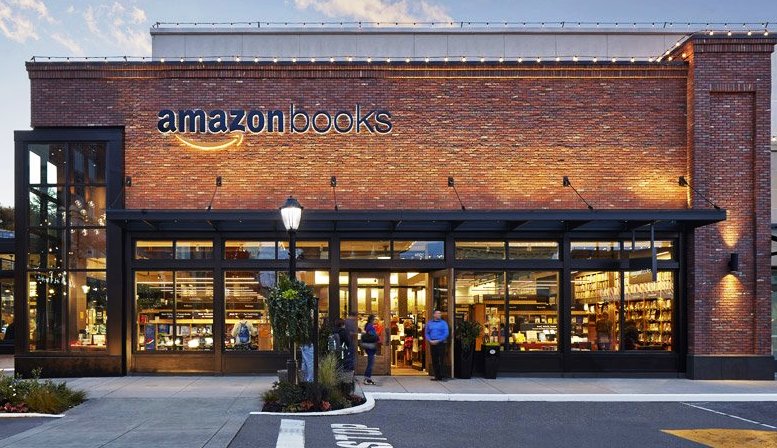

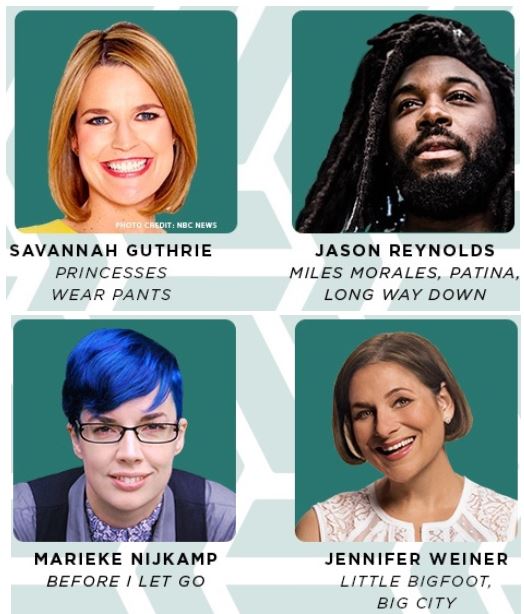 The lineup has been announced for the
The lineup has been announced for the 

IPC.0211.T4.INDIEPRESSMONTH.gif)
 Participants at the Winter Institute panel Take Your Show on the Road: Managing Large Scale Events, moderated by Annie Philbrick of Bank Square Books, Mystic, Conn., and Savoy Bookshop & Cafe, Westerly, R.I., offered a thorough consideration of the challenges and rewards of putting on large events. Among the highlights:
Participants at the Winter Institute panel Take Your Show on the Road: Managing Large Scale Events, moderated by Annie Philbrick of Bank Square Books, Mystic, Conn., and Savoy Bookshop & Cafe, Westerly, R.I., offered a thorough consideration of the challenges and rewards of putting on large events. Among the highlights: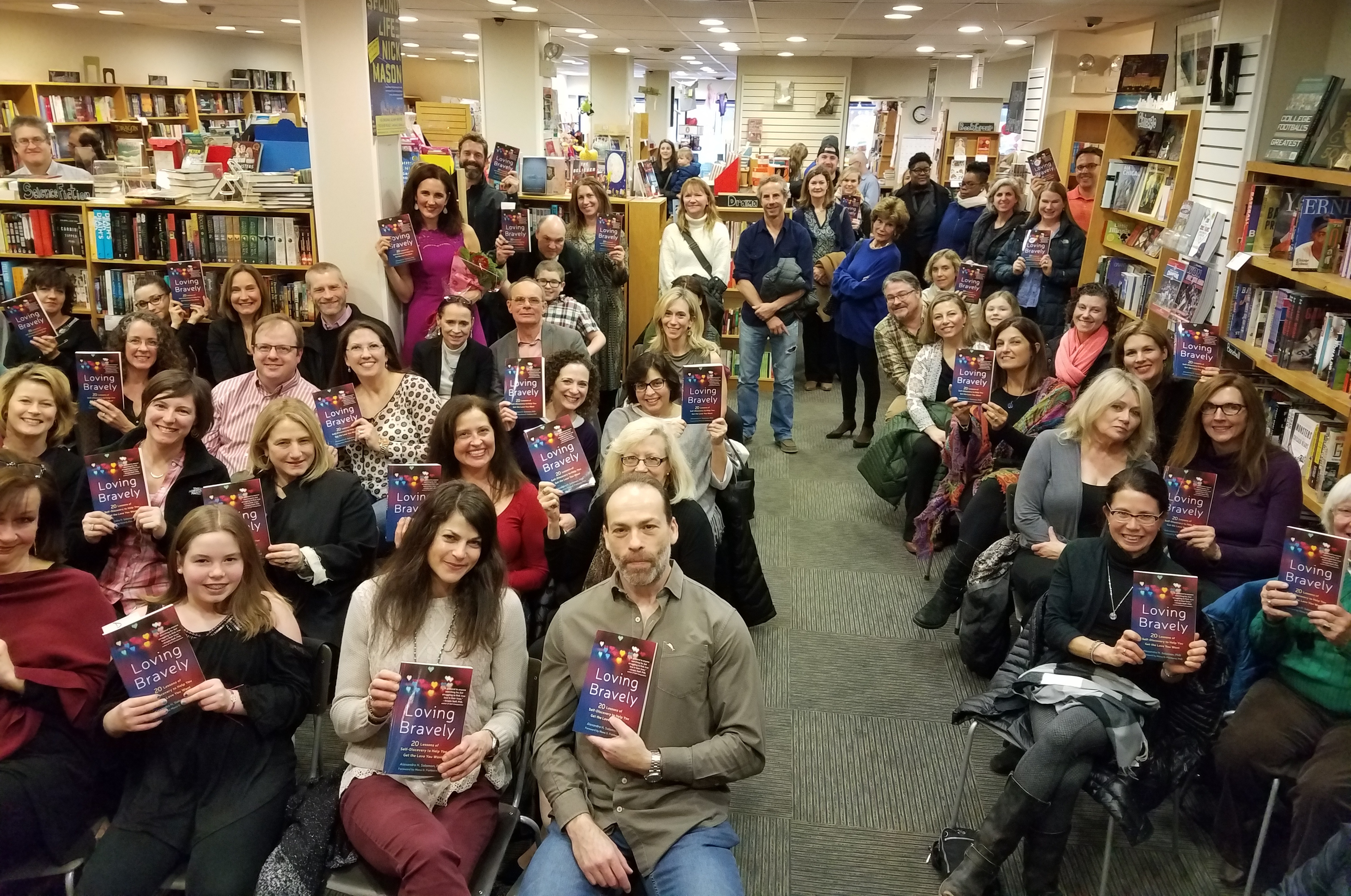 More than 100 people gathered at the
More than 100 people gathered at the 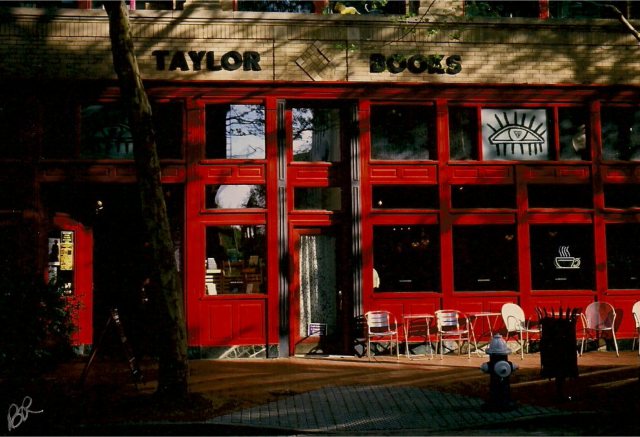 Readers of West Virginia Living voted
Readers of West Virginia Living voted 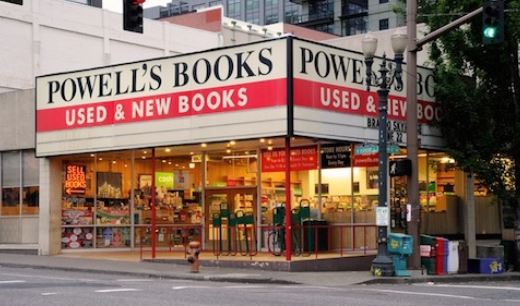
 The Nature Fix: Why Nature Makes Us Happier, Healthier, and More Creative
The Nature Fix: Why Nature Makes Us Happier, Healthier, and More Creative Things were perhaps simpler in the '90s--almost quaint. When Selin Karada, the slightly off-plumb narrator of Elif Batuman's first novel, The Idiot, enters Harvard mid-decade, e-mail is a curious new way to communicate and Facebook is just a Zuckerberg dream. With characteristic wonder and metaphysical musing, she is enthralled: "Each message contained the one that had come before, and so your own words came back to you--it was like the story of your relations with others." The daughter of ambitious Turkish immigrants, Selin was an academic star in her New Jersey high school, but at Harvard "you were now a little fish in a big sea." But she dives into the rich curriculum, choosing courses in Russian linguistics, art cinema and world literature, meanwhile dealing with quirky roommates, renting obscure movies and fearlessly running along the Charles River with her Walkman blasting They Might Be Giants in her ears.
Things were perhaps simpler in the '90s--almost quaint. When Selin Karada, the slightly off-plumb narrator of Elif Batuman's first novel, The Idiot, enters Harvard mid-decade, e-mail is a curious new way to communicate and Facebook is just a Zuckerberg dream. With characteristic wonder and metaphysical musing, she is enthralled: "Each message contained the one that had come before, and so your own words came back to you--it was like the story of your relations with others." The daughter of ambitious Turkish immigrants, Selin was an academic star in her New Jersey high school, but at Harvard "you were now a little fish in a big sea." But she dives into the rich curriculum, choosing courses in Russian linguistics, art cinema and world literature, meanwhile dealing with quirky roommates, renting obscure movies and fearlessly running along the Charles River with her Walkman blasting They Might Be Giants in her ears.